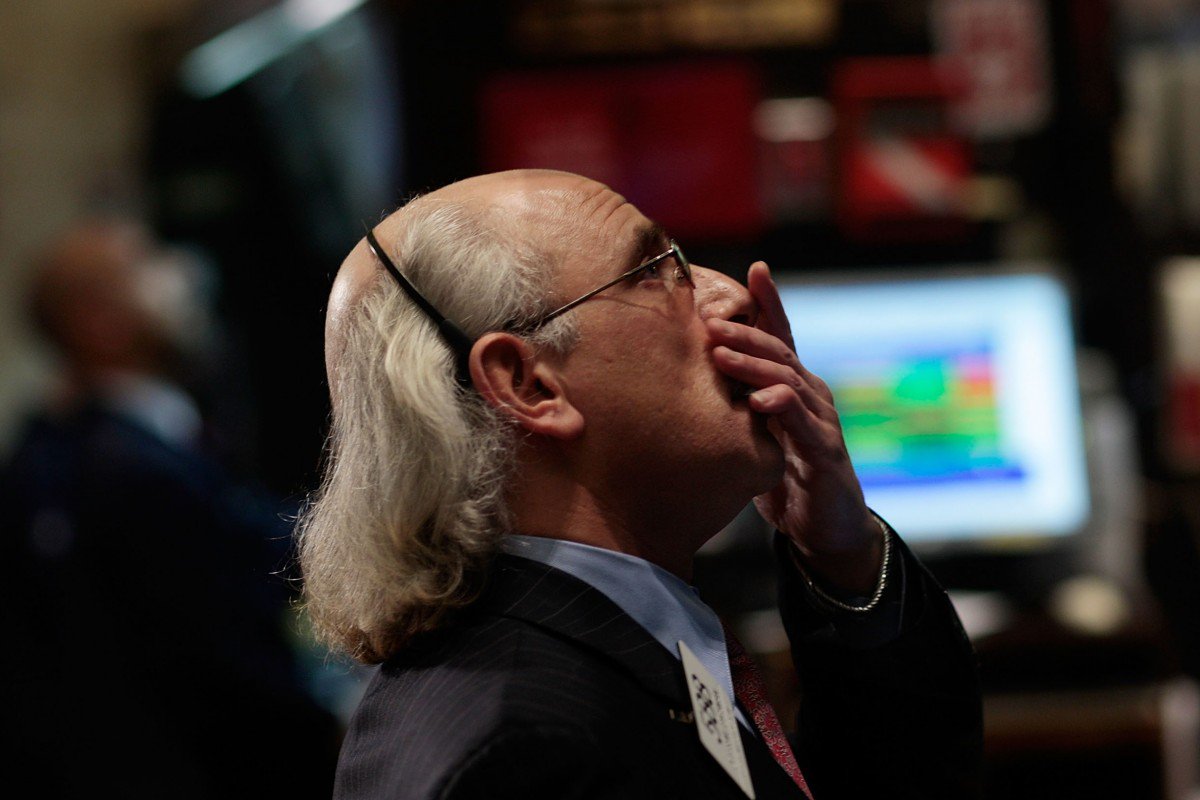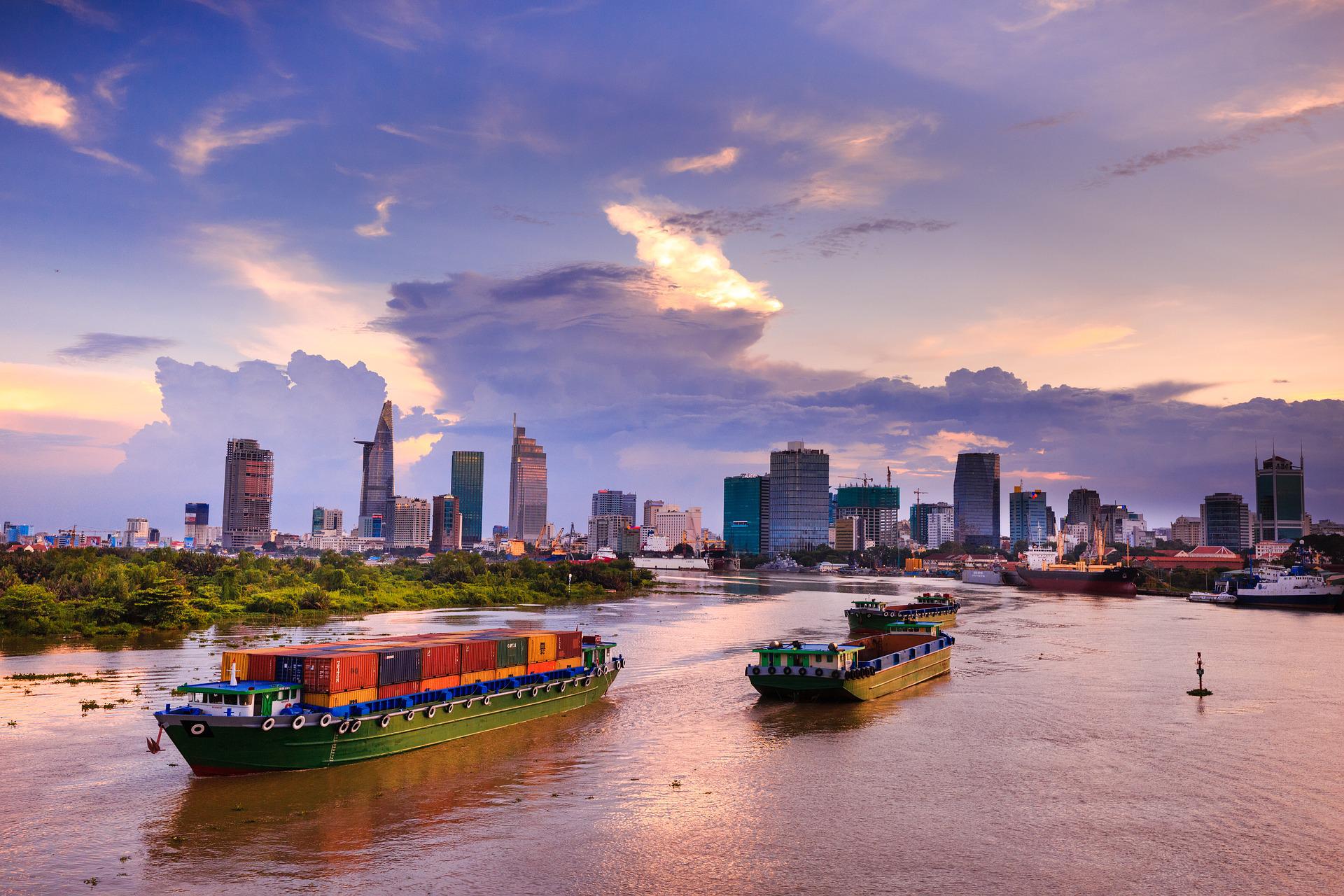The next financial crisis will be worse than the 2008 crash. Here’s how the world can prepare for it
This article was originally published on South China Morning Post
Still psychologically scarred, few were keen last month to commemorate the 10th anniversary of the Dow’s rock bottom close in March 2009.
Even so, all month long, calls to heed lessons from the last great recession echoed across the media as ominous signspointing to another pending financial crisis loom. Last week, the US Department of Commerce revised growth forecasts downward. Growth across major European economies is either slowing or negative. And the Chinese economy, a critical global growth engine, is decelerating.
We can, however, dispense with platitudes about remembering the past or being doomed to repeat it. The fact is we aren’t set to relive a recession like that of 2008. The next great recession is likely to unfold in a manner fundamentally different from the last one.
Unilateralism, fragmented regulatory bodies and a depleted arsenal of tools for reviving growth will mean that the next recession is likely to be more prolonged and more devastating.
Visit South China Morning Post to read the rest of the article.



